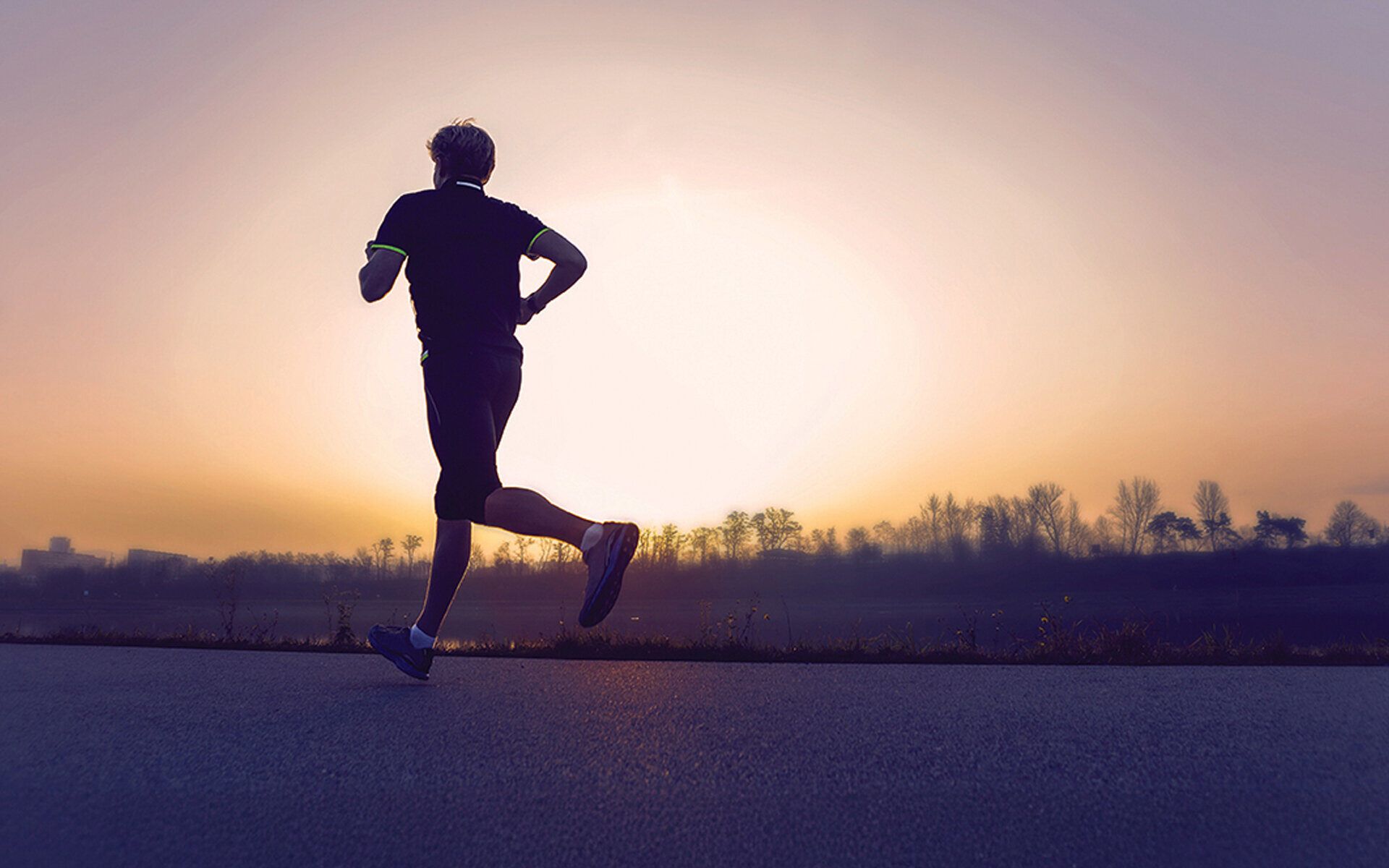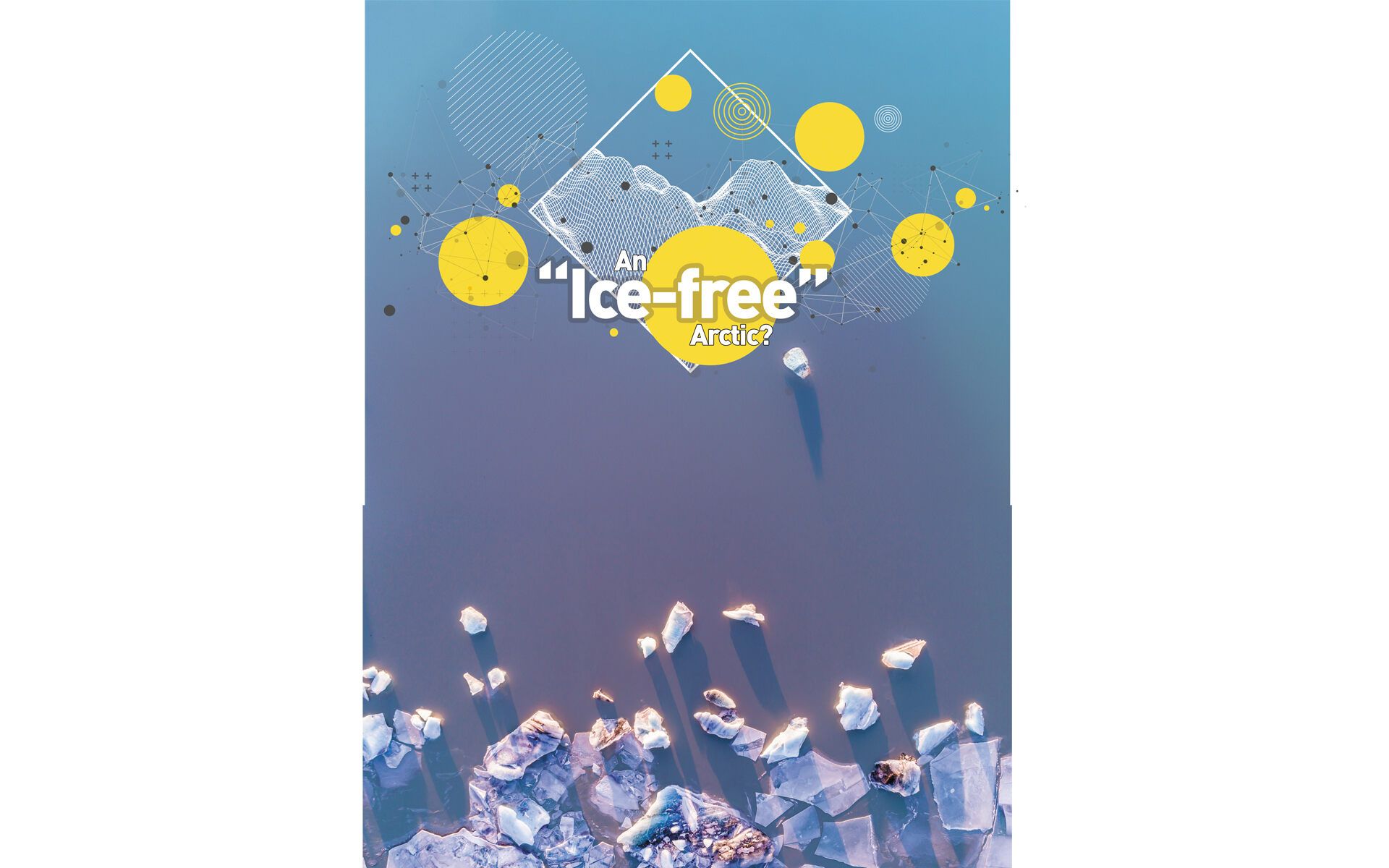Science Square (Issue 159)

Evening May Be the Best Time of Day to Exercise
New research suggests that exercising in the evening might offer additional health benefits, particularly for individuals living with obesity. Scientists analyzed data from 30,000 volunteers aged 40 and above without pre-existing cardiovascular disease. Using activity trackers, the researchers categorized participants based on their timing of moderate to vigorous aerobic physical activity: morning, afternoon, or evening (after 6 p.m.). Over nearly eight years of follow-up, evening exercisers showed the lowest risk of developing cardiovascular disease and mortality compared to those who didn't exercise or exercised at other times. This pattern persisted even when considering factors like age and smoking history. Interestingly, the benefits of exercising in the morning or afternoon were still notable compared to no exercise, but they were not as pronounced as those seen with evening exercise. This trend remained consistent among individuals with type 2 diabetes, suggesting broader implications for managing obesity and related conditions. While the findings underscore the importance of regular physical activity regardless of timing, they offer insights for individuals seeking to optimize their exercise routines, particularly those with obesity or diabetes. Further research is needed to validate these results and explore potential mechanisms underlying the observed associations. Ultimately, understanding the timing of physical activity could inform personalized approaches to obesity and type 2 diabetes management in the future.
Sabag et al. Timing of moderate to vigorous physical activity, mortality, cardiovascular disease, and microvascular disease in adults with obesity. Diabetes Care, April 2024.
Unlocking the Mysteries of Bitterness
Researchers have investigated the intricate mechanisms underlying the perception of bitter taste and revealed the TAS2R14 bitter taste receptor and mechanism on how bitter-tasting substances interact with TAS2R14, initiating the sensation of bitterness on the tongue. TAS2R14 belongs to the G protein-coupled receptor (GPCR) family and can detect over 100 distinct bitter tastants. When these substances bind to TAS2R14 receptors, they trigger a conformational change in the protein, activating the attached G protein. This activation sets off a cascade of biochemical reactions within taste receptor cells, leading to the transmission of signals to the gustatory cortex in the brain, where bitterness is perceived. Interestingly, the researchers discovered that cholesterol, residing in an allosteric site on TAS2R14, aids in its activation by placing the receptor in a semi-active state. The discovery of this novel allosteric cholesterol-binding site for bitter tasting substances is unique. These findings provide valuable insights into the molecular mechanisms underlying bitter taste perception and offer opportunities for developing therapeutic interventions targeting taste receptors to manage metabolic disorders and potentially other health conditions. Cholesterol gives TAS2R14 a helping hand in activation, raising questions about its role with TAS2R14 in other parts of the body. Further exploration revealed the presence of TAS2R14 in various tissues outside the tongue, including the cerebellum, thyroid, and pancreas, hinting at additional functions beyond taste perception. Future studies aim to elucidate the roles of TAS2R14 in these extralingual tissues.
Kim et al. Bitter taste receptor activation by cholesterol and an intracellular tastant. Nature, April 2024.
An “Ice-free” Arctic?
A recent study suggests that the Arctic could experience summer days with minimal sea ice as soon as the next few years, potentially earlier than previously anticipated. The research indicates that the Arctic's first ice-free day might occur over a decade earlier than earlier estimates, irrespective of future emission scenarios. By the middle of this century, it's projected that the Arctic could witness an entire month devoid of floating ice during September, the month with the lowest sea ice coverage. Towards the end of the century, the ice-free season may extend to several months annually, especially under high-emission scenarios. The term "ice-free" doesn't imply a complete absence of ice but refers to when the ocean has less than 1 million square kilometers of ice, less than 20% of the 1980s' seasonal minimum ice coverage. Currently, the Arctic Ocean experiences around 3.3 million square kilometers of sea ice area at its September minimum. The research team examined existing sea ice projections and modelled future Arctic changes. They predict that the Arctic Ocean could see its first ice-free day between the 2020s and 2030s under all emission scenarios. Sea ice loss is primarily driven by greenhouse gas emissions, exacerbating warming and ice melt in the region. This decline has profound consequences for Arctic wildlife like seals and polar bears, as well as potential impacts on local ecosystems due to the influx of non-native fish species. Moreover, diminishing sea ice poses risks to coastal communities by increasing coastal erosion as ice retreats, leaving land exposed to larger ocean waves. Despite the inevitability of an ice-free Arctic, future emission levels will determine the frequency and duration of such conditions. Keeping emissions low is crucial in mitigating prolonged ice-free periods and preserve the Arctic's unique environment.
Jahn et al. The Arctic could become “ice-free” within a decade. Nature Reviews Earth & Environment, April 2024.












